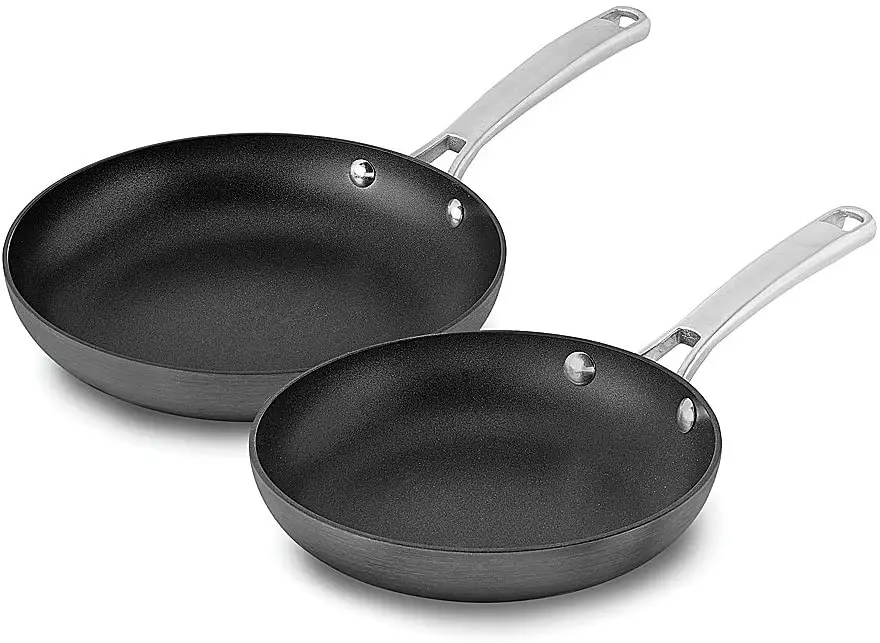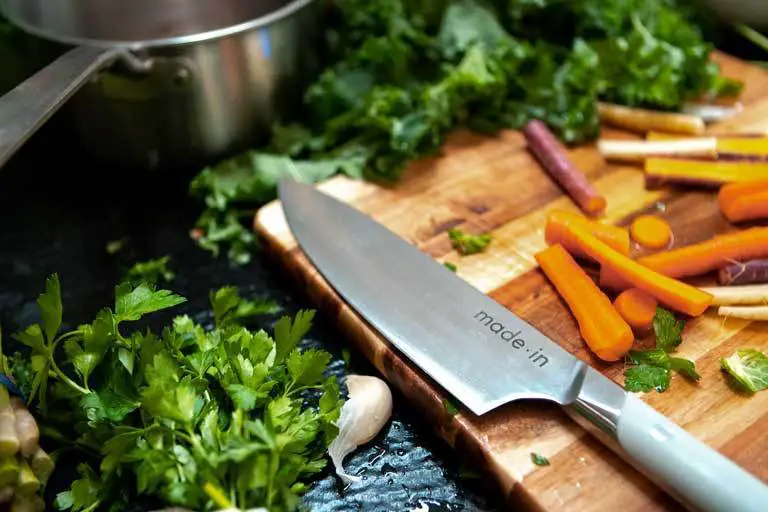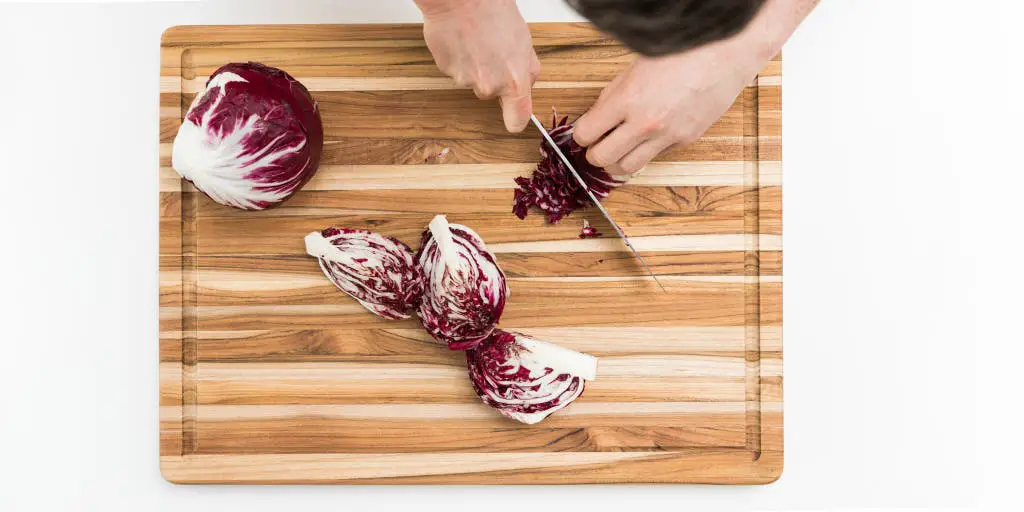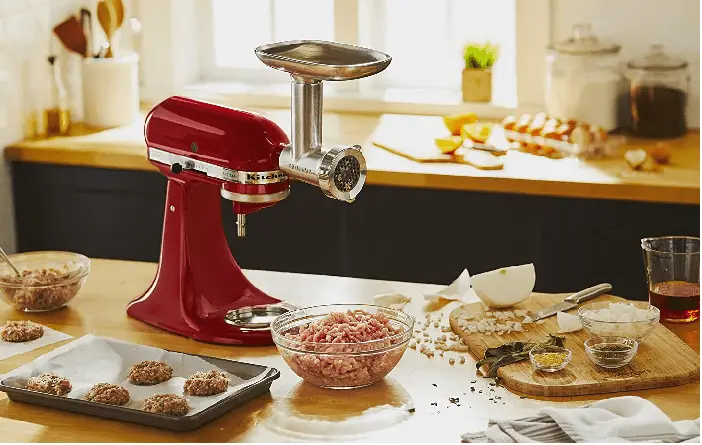Grilling is not just a cooking method; it’s a way of life. The sizzling sound of meat hitting the hot grates, the mouthwatering aromas, and the joy of outdoor cooking create unforgettable moments. To keep those moments going, it’s crucial to take care of your grill grates. In this comprehensive guide, we’ll walk you through the essential steps to make your grill grates last longer, ensuring many more delicious meals to come.

Step 1: Cleaning After Each Use
Cleaning your grill grates after each use is essential for their longevity. Follow these proper cleaning techniques:
Use a grill brush with nylon bristles or a grill scraper to remove food residue and debris.
For stubborn grime, soak the grates in warm soapy water and scrub gently with a sponge or cloth.
Rinse the grates thoroughly with water and dry them completely before storing.
Avoid using wire brushes as they can leave behind bristles that may contaminate your food and potentially cause injury. Opt for safer alternatives like nylon brushes or grill scrapers.
Step 2: Seasoning the Grates
Seasoning your grill grates not only prevents rust but also creates a non-stick surface that enhances cooking performance. Here’s how to season your grates:
Preheat your grill to medium-high heat.
Rub a high-smoke-point oil (such as canola or vegetable oil) onto the grates using a paper towel or brush.
Close the lid and let the grates heat for about 15 minutes.
Turn off the grill and let the grates cool down before using them.
Regularly seasoning your grill grates will build up a protective layer and improve their durability.
Step 3: Using the Right Tools
Using the right tools is essential for maintaining your grill grates.
Here are some recommended tools and equipment:
Stainless steel or brass grill brushes: These brushes are safe and effective for removing residue from the grates.
Long-handled tongs: Use tongs to handle food and prevent scratching the grates.
Grill mats or grill baskets: These accessories provide an additional barrier between the food and the grates, minimizing the chances of food sticking.
Avoid using abrasive materials like steel wool or metal scrapers, as they can damage the grates.
Step 4: Proper Storage
Proper storage is crucial to protect your grill grates from damage.
Follow these guidelines:
Ensure the grates are completely cooled before storing them.
Clean and dry the grates thoroughly to prevent moisture buildup.
Store the grates in a dry, covered area to protect them from the elements.
By taking these steps, you’ll extend the lifespan of your grill grates and ensure they’re ready for your next grilling adventure.
Common Mistakes and Misconceptions
Let’s address some common mistakes and misconceptions when it comes to maintaining grill grates:
Using wire brushes: Wire brushes can shed bristles, posing a health risk. Opt for safer alternatives like nylon brushes or grill scrapers.
Not seasoning the grates regularly: Seasoning is not a one-time task; it should be done regularly to maintain a protective layer.
Leaving the grates exposed to elements: Moisture and extreme weather conditions can accelerate rusting. Proper storage is vital to prolong the life of your grill grates.
Can rust be removed from cast iron grill grates?
Yes, rust can be removed from cast iron grill grates, and with the right approach, you can restore them to their former glory. Here’s a guide on how to effectively remove rust from cast iron grill grates:
Materials Needed:
Wire Brush or Grill Brush:
Used to scrub off loose rust and debris.
Steel Wool or Sandpaper:
To remove more stubborn rust. Opt for a medium or coarse grit.
Dish Soap:
- For cleaning the grates.
- Vinegar or Baking Soda:
- Both can be effective rust removers.
Vegetable Oil or Shortening:
- To season the grates after rust removal.
- Paper Towels or Cloth:
- For cleaning and applying oil.
Steps:
Safety First: Ensure the grill is completely cooled before attempting any rust removal.
Remove Loose Rust:
Use a wire brush or grill brush to scrub away loose rust and debris. This will help expose the underlying rusted areas.
Wash with Dish Soap:
Clean the grates with warm, soapy water to remove grease and any remaining loose rust. Dry thoroughly.
Apply Vinegar or Baking Soda:
For light rust, create a paste with equal parts vinegar and baking soda. Apply the paste to the rusted areas and let it sit for 30 minutes. For heavier rust, soak the grates in vinegar for a few hours.
Scrub with Steel Wool or Sandpaper:
Use steel wool or sandpaper to scrub the rusted areas. Work in circular motions, applying moderate pressure. Keep the surface wet to prevent the iron from scratching.
Rinse and Dry:
Rinse the grates thoroughly with water and ensure they are completely dry to prevent further rusting.
Season with Oil:
Apply a thin layer of vegetable oil or shortening to the entire surface of the grates, including the areas where rust was removed. This helps prevent future rust and maintains the non-stick surface.
Heat the Grill:
Heat the grill on high for 15-20 minutes to allow the oil to penetrate the metal. This step completes the seasoning process.
Tips:
Regular Maintenance:
To prevent rust, regularly clean and oil your cast iron grill grates after each use.
Avoid Harsh Chemicals: Refrain from using harsh chemicals that may damage the cast iron. Stick to natural remedies like vinegar and baking soda.
Patience is Key:
Removing rust may take some time, especially for heavily rusted grates. Be patient and thorough in your cleaning process.
By following these steps and incorporating regular maintenance, you can effectively remove rust from cast iron grill grates, ensuring they remain in excellent condition for your future grilling endeavors.
FAQs
How often should I clean my grill grates?
Cleaning your grill grates after each use is highly recommended. Regular cleaning helps prevent the accumulation of food residues, grease, and debris, which can lead to corrosion and reduce the lifespan of the grates.
Should I oil my grill grates?
Absolutely. Regularly oiling your grill grates is a key practice for longevity. After cleaning, apply a thin layer of high-smoke-point oil, like vegetable oil or canola oil. This not only helps prevent rust but also maintains a non-stick surface, making future cleaning easier.
What’s the best way to remove rust from grill grates?
To effectively remove rust from grill grates, start by scrubbing them with a wire brush to eliminate loose debris. For more stubborn rust, create a paste using equal parts vinegar and baking soda, apply it to the rusted areas, and let it sit for 30 minutes. Alternatively, soak the grates in vinegar for a few hours before scrubbing them with steel wool.
Conclusion
Maintaining your grill grates is essential for ensuring optimal grilling performance and longevity. By following these steps – cleaning after each use, seasoning the grates, using the right tools, and proper storage – you’ll be able to enjoy countless delicious meals on your grill for years to come. Happy grilling!




